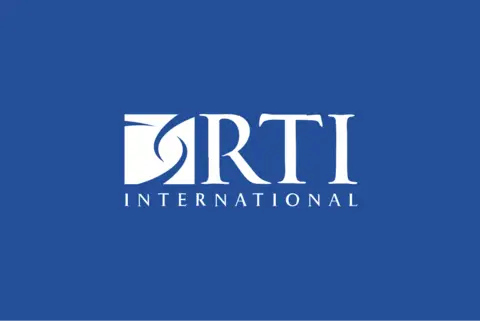The award builds on RTI’s existing role supporting the NHLBI platform
RESEARCH TRIANGLE PARK, N.C. — RTI International, a nonprofit research institute, has been selected by the National Heart, Lung, and Blood Institute (NHLBI), part of the National Institutes of Health (NIH), to support the data management needs of the BioData Catalyst platform in a $5.4 million, three-year contract.
NHLBI BioData Catalyst is a cloud-based ecosystem providing tools, applications, and workflows in secure workspaces. The ecosystem is a dynamic resource that allows researchers to find, access, share, store, and compute on large-scale datasets. In its role, RTI will serve as the Data Management Core (DMC) for BioData Catalyst and be tasked with improving the ingestion of new data into the platform.
“Our team is excited about this opportunity to continue to support NHLBI’s research mission by maximizing the value of data in the NHLBI BioData Catalyst,” said Karen Davis, vice president of research computing at RTI. “BioData Catalyst is used by researchers to solve significant research questions, so it’s critical that the ecosystem is able to ingest new data with efficiency.”
Leveraging a team science approach, Davis will co-lead with Dr. Anne Thessen, visiting professor at the University of Colorado Anschutz Medical Campus, and a team of experts from RTI, Renaissance Computing Institute (RENCI) at the University of North Carolina at Chapel Hill, Johns Hopkins University, and the University of Chicago.
The RTI team will specifically work on expanding BioData Catalyst’s ability to ingest multiple datasets of varied data types, including electronic health records, research clinic surveys and assessments, genotypes, and molecular and laboratory imaging.
The team will also be tasked with creating a shared understanding between various stakeholders — namely the data generators and the BioData Catalyst developers — on data formats, structure, standards, and governance by developing standard operating procedures.
The project complements RTI’s existing role with BioData Catalyst. RTI experts currently co-lead the platform’s coordinating center with RENCI.
This work is supported by grant number HL167310 from the National Heart, Lung, and Blood Institute.
DISCLAIMER: This content is solely the responsibility of the authors and does not necessarily represent the official views of the National Institutes of Health.

To request an interview, contact our Media Relations team.